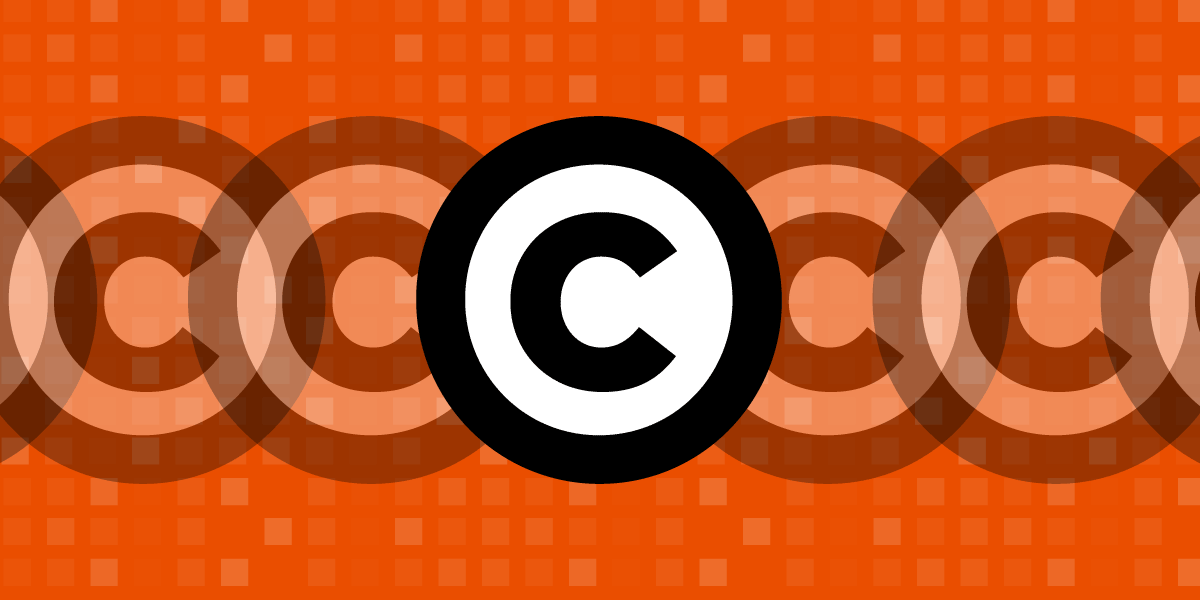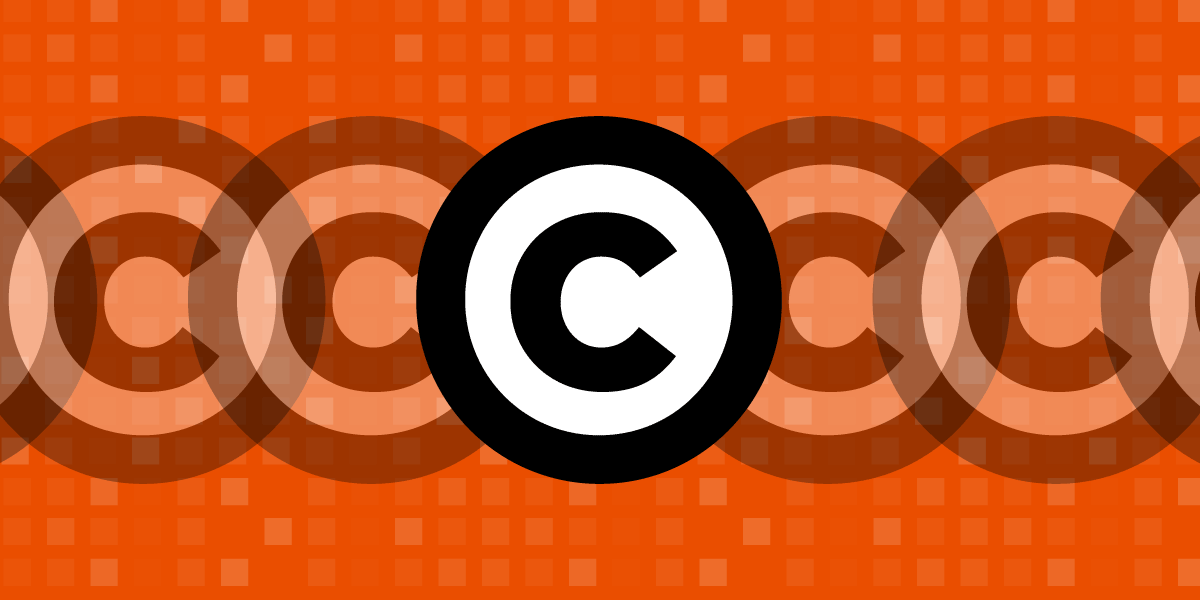As the first copyright cases concerning AI reach appeals courts, EFF wants to protect important, beneficial uses of this technology—including AI for legal research. That’s why we weighed in on the long-running case of Thomson Reuters v. ROSS Intelligence. This case raises at least two important issues: the use of (possibly) copyrighted material to train a machine learning AI system, and public access to legal texts.
ROSS Intelligence was a legal research startup that built an AI-based tool for locating judges’ written opinions based on natural language queries—a competitor to ubiquitous legal research platforms like Lexis and Thomson Reuters’ Westlaw. To build its tool, ROSS hired another firm to read through thousands of the “West headnotes” that Thomson Reuters adds to the legal decisions it publishes, paraphrasing the individual legal conclusions (what lawyers call “holdings”) that the headnotes identified. ROSS used those paraphrases to train its tool. Importantly, the ROSS tool didn’t output any West headnotes, or even the paraphrases of those headnotes—it simply directed the user to the original judges’ decisions. Still, Thomson sued ROSS for copyright infringement, arguing that using the headnotes without permission was illegal.
Early decisions in the suit were encouraging. EFF wrote about how the court allowed ROSS to bring an antitrust counterclaim against Thomson Reuters, letting them try to prove that Thomson was abusing monopoly power. And the trial judge initially ruled that ROSS’s use of the West headnotes was fair use under copyright law.
The case then took turns for the worse. ROSS was unable to prove its antitrust claim. The trial judge issued a new opinion reversing his earlier decision and finding that ROSS’s use was not fair but rather infringed Thomson’s copyrights. And in the meantime, ROSS had gone out of business (though it continues to defend itself in court).
The court’s new decision on copyright was particularly worrisome. It ruled that West headnotes—a few lines of text copying or summarizing a single legal conclusion from a judge’s written opinion—could be copyrighted, and that using them to train the ROSS tool was not fair use, in part because ROSS was a competitor to Thomson Reuters. And the court rejected ROSS’s attempt to avoid any illegal copying by using a “clean room” procedure often used in software development. The decision also threatens to limit the public’s access to legal texts.
EFF weighed in with an amicus brief joined by the American Library Association, the Association of Research Libraries, the Internet Archive, Public Knowledge, and Public.Resource.Org. We argued that West headnotes are not copyrightable in the first place, since they simply restate individual points from judges’ opinions with no meaningful creative contributions. And even if copyright does attach to the headnotes, we argued, the source material is entirely factual statements about what the law is, and West’s contribution was minimal, so fair use should have tipped in ROSS’s favor. The trial judge had found that the factual nature of the headnotes favored ROSS, but dismissed this factor as unimportant, effectively writing it out of the law.
This case is one of the first to touch on copyright and AI, and is likely to influence many of the other cases that are already pending (with more being filed all the time). That’s why we’re trying to help the appeals court get this one right. The law should encourage the creation of AI tools to digest and identify facts for use by researchers, including facts about the law.










